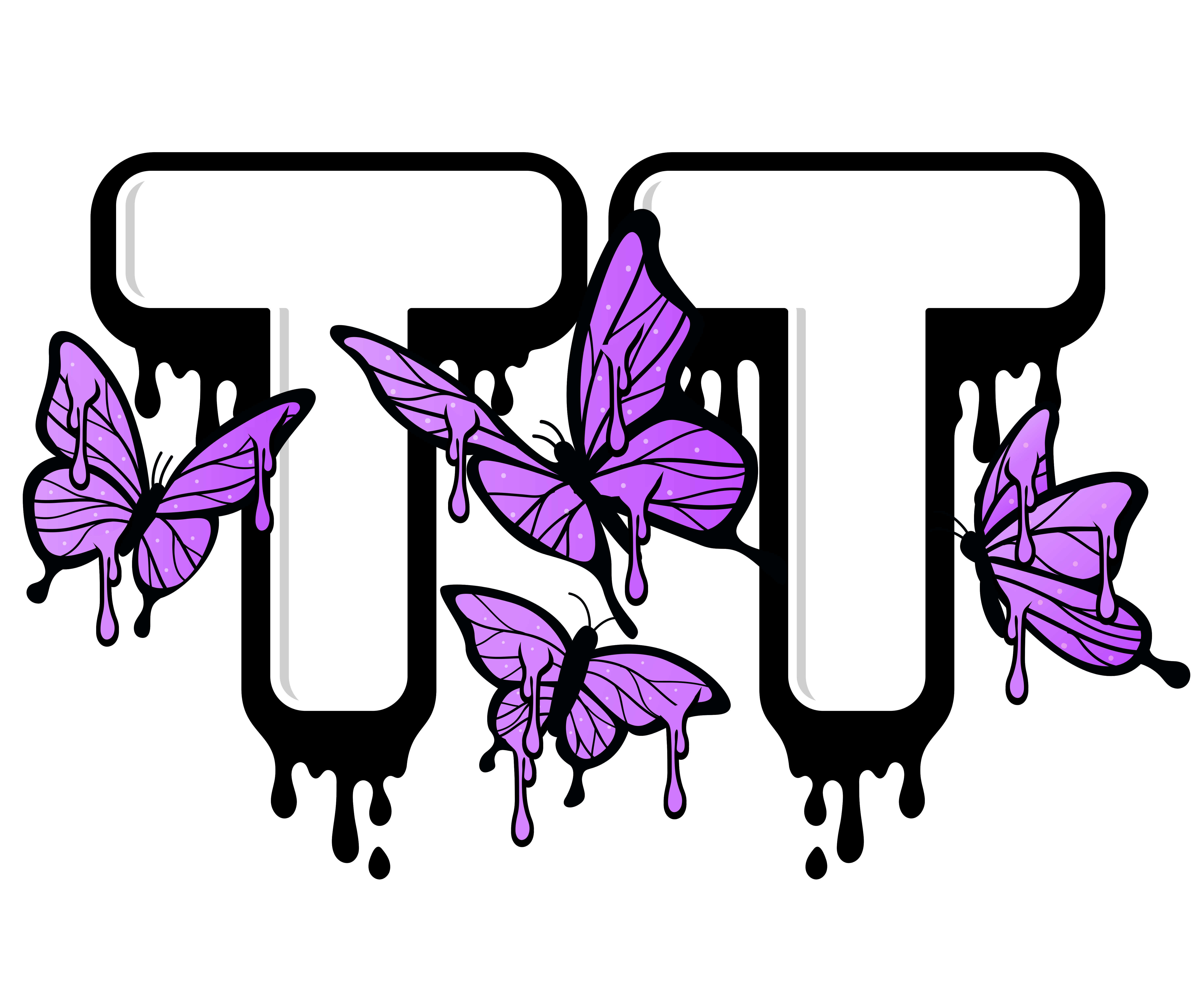With all the recent drama on platforms like Twitter and Reddit, I’ve been asked to reflect on the online spaces we use.
Let’s get into it!
The Good & Bad of Big Social Media
Places like Twitter, Reddit, Facebook, and Instagram have been really important for sharing different views and keeping up with current events. For instance, Twitter has been a huge platform for social movements. The hashtag #BlackLivesMatter is a great example. I read this interesting study on Pew Research Center, “Ten years of #BlackLivesMatter on Twitter”, which really shows how powerful these platforms can be in amplifying important voices and issues.
But these platforms have downsides too. The people who own and run them can make big changes that not everyone agrees with. Like, the whole situation with Twitter under Elon Musk’s ownership has got a lot of people, including me, pretty worried. It’s the same kind of story with Reddit and Facebook, where decisions are made that sometimes don’t align with what the community wants.
My own Posting Habits
This has actually affected how I use social media. I find myself posting less and less on all these platforms, from Instagram to Facebook and Twitter. It’s partly because of the changes they’re going through, and I guess I’m just not as comfortable sharing there as I used to be.
Decentralized Platforms: A New Path?
This brings us to the idea of decentralized platforms. These platforms, where control is distributed among users, could be a great alternative. I came across an article on Medium, “Decentralized Content Platforms: The Future of Content Creation and Distribution”, which explains how these platforms allow creators to publish and share content directly with each other, offering more freedom and fairness. But they’re not as mainstream or user friendly as the bigger sites YET.
Investopedia has an insightful piece on decentralized applications, which if you’re interested you can find it here! The article provides a deeper understanding of the technology behind these platforms and some pros and cons.
Should the Government Step In?
I think the government stepping in to help manage social media is a good idea, but it needs to be done carefully. These big platforms like Twitter and Facebook have a huge impact on what we all think and talk about. They can even affect stuff like elections. But, they haven’t always done a great job at stopping problems like fake news or protecting our private information. So, it makes sense that maybe there should be some rules from outside to help keep things in check.
However, involving the government could be really tricky. We don’t want them to start deciding what can or can’t be said online, that could lead to censorship. A better idea might be to have rules that make these platforms tell us more about how they decide what posts we see and make sure our personal information is safe. Also, the idea of making it easy to move our stuff from one platform to another is pretty cool. It gives us more control and makes the platforms work harder to be better for us. Overall, we definitely need some rules to fix the big problems, but we also need to keep our freedom to talk and share online.
Who Owns Our Conversations?
It all boils down to who really owns our online conversations. While it seems like the companies do, since we’re the ones creating the content, maybe we should have and demand more control. The current state of platforms like Twitter and Reddit has led many of us, including myself, to post less and seek other options. We have a role in shaping these online spaces, and it’s something we should be actively thinking about and contributing to.
